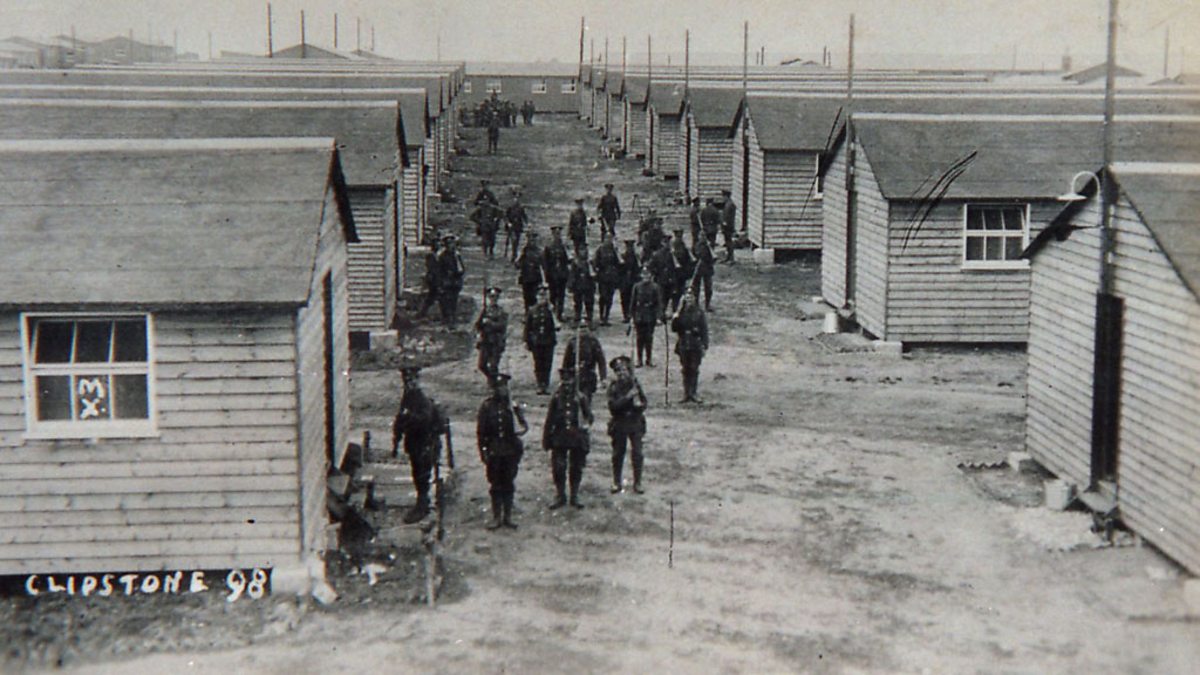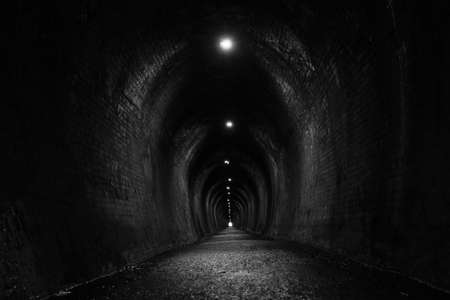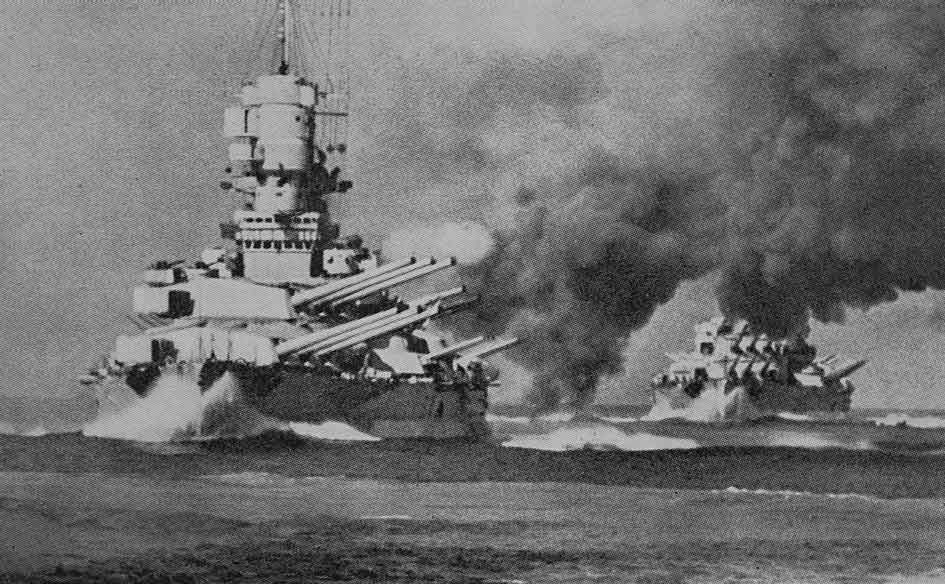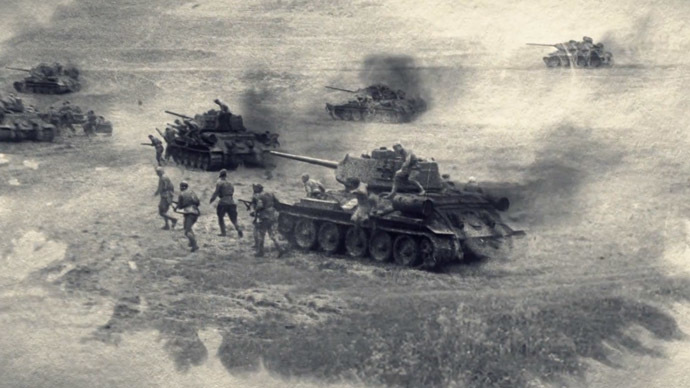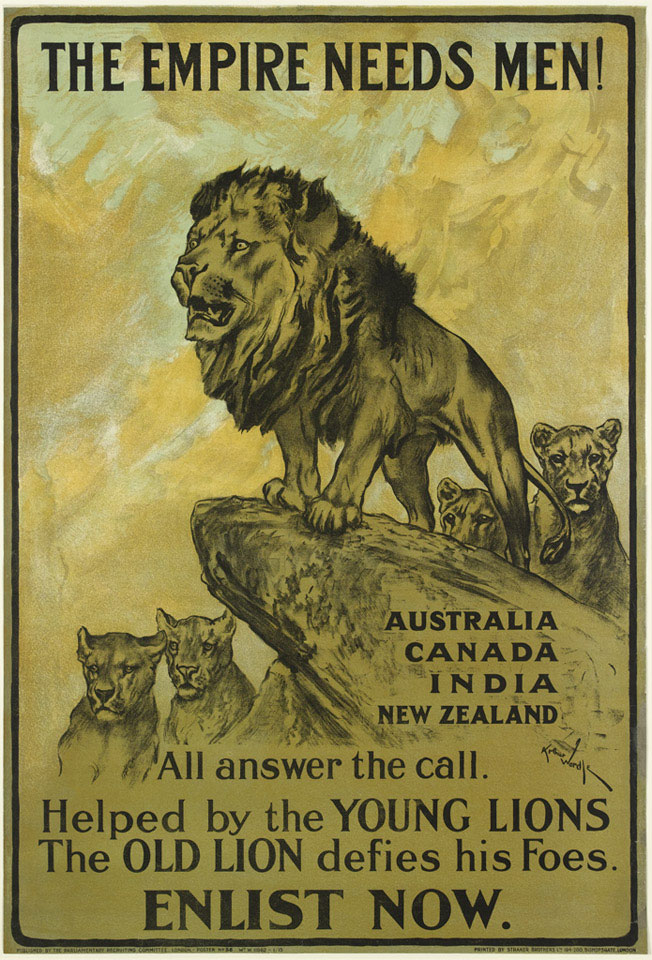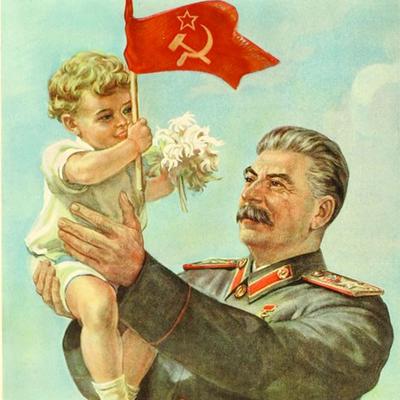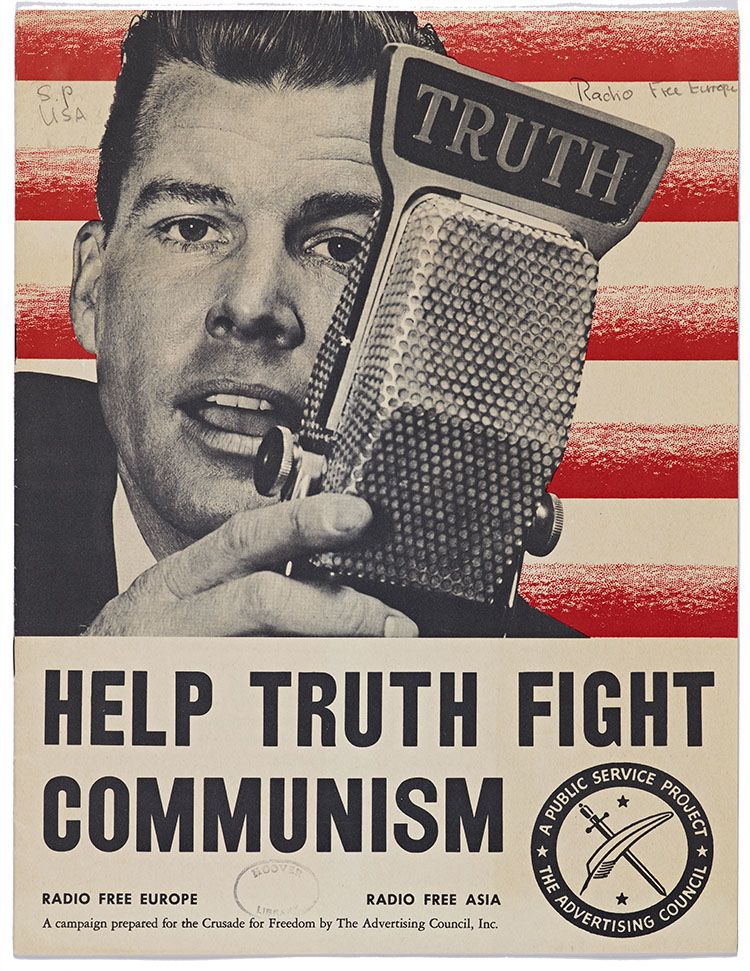Turn 1 / Jan-Feb / 1948
LurkingWreck
Smol Birb
- Location
- Norway
Turn 1
January - February
1948

Yet another year has gone by. Yet another glorious year of peace. The architects of Versailles to this day are vindicated by history. The War to End All Wars had finally brought peace between the great western powers of the Atlantic and Mediterranean.
From the shores of Lisbon to the snowy forests of Moscow, people and governments alike celebrate New Years, wishing upon the shooting stars across the cold night skies for another year of prosperity. Their hopes will sadly, soon be dashed, for within that distant bastion of civilization in the east, an army unmatched throughout the world gathers strength.
Intelligence agents embedded deeply into the Soviet apparatus of state all slowly come to the same, terrifying conclusion. The Russian Bear is stirring in it's den, and is about to roar. Rushed reports and intelligence data will fly across the continent, carried by telegram and courier, delivering the news to their masters. The messages will sadly arrive far too late to pre-empt the coming Soviet advance.
At the same time, in the darkened halls of the Kremlin, generals and officials from across the length and breadth of the Union celebrate victories to come, consuming fine food and drink in great ballrooms across the vast complex, as if they were Tsarist aristocrats come again to haunt Russia with their presence.
How can they not? The General Secretary's prophetic vision is finally coming to pass, a great Union stretching across all of Eurasia from the Atlantic to the Pacific. Liberating all it's workers and placing them proudly beneath the red banner.
All is as it should be…

As He left the office of General Secretary Stalin, He began to loosen His tie, just slightly.
The Kremlin was like a startled hornet's nest at this point – as clerks leaving their offices to deliver documents, talk to colleagues or simply smoke cigarettes in their open offices.
As guardsmen tighten the security measures, to the point where even officers are almost unreasonably harassed to make sure that the NKVD and in extension the General Secretary was pleased. As generals, their adjutants and soldiers, as well as other functionaries of the party celebrated the final resolution.
Chaotic, erratic and of all filled with contradictions. A perfect symbol that beautifully sums up the premise of nature on which the USSR is built upon, some might say.
Like always, He was an anomaly to such events. When He moved down the hallways, the people naturally avoided meeting His path. When He passed a security check, nobody cared to stop Him. When He walked past the celebrants, they stopped only to salute before Him, which He returned by a simple nod. For He was the shadow, present at every meeting. The one that followed Stalin's every footstep. A loyal and trusted advisor, whose judgment was beyond doubt. What a bizarre creation of nature, that some things are as much of an illusion as wholly true, as long as the perspective shines the right light for one or the other.
As He left the Kremlin, His driver already awaited Him, holding the door to the back seat of a rather simple but fully encased black car. It did not take long before both had entered, and the car was on its way.
He supported His left cheek with one of His hands as He thoughtfully gazed outside the car through the darkened window. He liked to watch the streets of Moscow pass by. The streets, filled with people walking over the snow and ice, as they prepare for the Silvester Night by decorating the streets, opening up their little shops and even one band that practiced for the evening.
He was only interrupted from the scenery when His driver in a clear Russian accent answered in English. "The Kremlin is busier today than usual, Father. Something great must have happened today."
He turned to the driver. It was always difficult to read Him; His face was almost emotionless, as if the matters of mortals were of little concern to Him. And He simply responded "Let me ask you a question, child. What is 'Greatness' to you?"
Surprised by the question, the driver needed a moment to think about, stumbling upon his words. "Uhm, I… I would say…. Hm…. it is about being important?" he asked unsure, before he reiterated more confidently "Yes, yes, being great means to be something that goes down in history for sure."
He wasn't impressed. Instead, He simply shook His head. "Well, if you take that definition, then for sure, it is a great event. Memorable for the future generations to come, to consolidate, to weep, to be proud, to idolize upon or to damn it all. The general secretary finally decided to start Operation Saturn and like the 8th plague, they will sweep across Europe like the locusts across Egypt."
It was only convenient when the car had to stop at a crossing. The driver turned back, a smile on his face. "They do? Finally! That means plans are finally coming into motion! First Europe and then the world! None will stand against the power of-"
And He just raised His hand a bit, to signal him to stop, which the driver quickly catches on, clearing his throat only to return his attention to the street. And then He continued.
"I appreciate your… dedication, my child, but you shouldn't misunderstand the situation. Mankind may think this will be the most defining moment of history, but what's past is but a mere prologue. Little do they understand that the one who controls the past commands the future and the one who commands the future, conquers the past."
The driver obviously did not understand, as his confused face in the back mirror gave away. But as soon as the driver saw His gaze, he averted his own quickly, lowering his head a bit in submission. "Of course, Father." The driver scolded himself "But… Why are we driving away then? Shouldn't you be back in the General Secretaries office?" said the driver in an attempt to come back into conversation.
And for the first time, He smiled, but a brief moment, in a farce of dark benevolence. "I will understand your questioning of my actions as a lack of understanding, not lack of faith." He folds his hands into one another.
"Everything is already working precisely as intended. The chess pieces are all in place, they only have to make their destined moves. And… my follower… never forget one thing… I am ever present. My eyes and ears, my palms and fists reach far wider than my physical form might betray. But so is everything physical in a way… it only veils the true potential hidden beyond."
January - February
1948

Yet another year has gone by. Yet another glorious year of peace. The architects of Versailles to this day are vindicated by history. The War to End All Wars had finally brought peace between the great western powers of the Atlantic and Mediterranean.
From the shores of Lisbon to the snowy forests of Moscow, people and governments alike celebrate New Years, wishing upon the shooting stars across the cold night skies for another year of prosperity. Their hopes will sadly, soon be dashed, for within that distant bastion of civilization in the east, an army unmatched throughout the world gathers strength.
Intelligence agents embedded deeply into the Soviet apparatus of state all slowly come to the same, terrifying conclusion. The Russian Bear is stirring in it's den, and is about to roar. Rushed reports and intelligence data will fly across the continent, carried by telegram and courier, delivering the news to their masters. The messages will sadly arrive far too late to pre-empt the coming Soviet advance.
At the same time, in the darkened halls of the Kremlin, generals and officials from across the length and breadth of the Union celebrate victories to come, consuming fine food and drink in great ballrooms across the vast complex, as if they were Tsarist aristocrats come again to haunt Russia with their presence.
How can they not? The General Secretary's prophetic vision is finally coming to pass, a great Union stretching across all of Eurasia from the Atlantic to the Pacific. Liberating all it's workers and placing them proudly beneath the red banner.
All is as it should be…

As He left the office of General Secretary Stalin, He began to loosen His tie, just slightly.
The Kremlin was like a startled hornet's nest at this point – as clerks leaving their offices to deliver documents, talk to colleagues or simply smoke cigarettes in their open offices.
As guardsmen tighten the security measures, to the point where even officers are almost unreasonably harassed to make sure that the NKVD and in extension the General Secretary was pleased. As generals, their adjutants and soldiers, as well as other functionaries of the party celebrated the final resolution.
Chaotic, erratic and of all filled with contradictions. A perfect symbol that beautifully sums up the premise of nature on which the USSR is built upon, some might say.
Like always, He was an anomaly to such events. When He moved down the hallways, the people naturally avoided meeting His path. When He passed a security check, nobody cared to stop Him. When He walked past the celebrants, they stopped only to salute before Him, which He returned by a simple nod. For He was the shadow, present at every meeting. The one that followed Stalin's every footstep. A loyal and trusted advisor, whose judgment was beyond doubt. What a bizarre creation of nature, that some things are as much of an illusion as wholly true, as long as the perspective shines the right light for one or the other.
As He left the Kremlin, His driver already awaited Him, holding the door to the back seat of a rather simple but fully encased black car. It did not take long before both had entered, and the car was on its way.
He supported His left cheek with one of His hands as He thoughtfully gazed outside the car through the darkened window. He liked to watch the streets of Moscow pass by. The streets, filled with people walking over the snow and ice, as they prepare for the Silvester Night by decorating the streets, opening up their little shops and even one band that practiced for the evening.
He was only interrupted from the scenery when His driver in a clear Russian accent answered in English. "The Kremlin is busier today than usual, Father. Something great must have happened today."
He turned to the driver. It was always difficult to read Him; His face was almost emotionless, as if the matters of mortals were of little concern to Him. And He simply responded "Let me ask you a question, child. What is 'Greatness' to you?"
Surprised by the question, the driver needed a moment to think about, stumbling upon his words. "Uhm, I… I would say…. Hm…. it is about being important?" he asked unsure, before he reiterated more confidently "Yes, yes, being great means to be something that goes down in history for sure."
He wasn't impressed. Instead, He simply shook His head. "Well, if you take that definition, then for sure, it is a great event. Memorable for the future generations to come, to consolidate, to weep, to be proud, to idolize upon or to damn it all. The general secretary finally decided to start Operation Saturn and like the 8th plague, they will sweep across Europe like the locusts across Egypt."
It was only convenient when the car had to stop at a crossing. The driver turned back, a smile on his face. "They do? Finally! That means plans are finally coming into motion! First Europe and then the world! None will stand against the power of-"
And He just raised His hand a bit, to signal him to stop, which the driver quickly catches on, clearing his throat only to return his attention to the street. And then He continued.
"I appreciate your… dedication, my child, but you shouldn't misunderstand the situation. Mankind may think this will be the most defining moment of history, but what's past is but a mere prologue. Little do they understand that the one who controls the past commands the future and the one who commands the future, conquers the past."
The driver obviously did not understand, as his confused face in the back mirror gave away. But as soon as the driver saw His gaze, he averted his own quickly, lowering his head a bit in submission. "Of course, Father." The driver scolded himself "But… Why are we driving away then? Shouldn't you be back in the General Secretaries office?" said the driver in an attempt to come back into conversation.
And for the first time, He smiled, but a brief moment, in a farce of dark benevolence. "I will understand your questioning of my actions as a lack of understanding, not lack of faith." He folds his hands into one another.
"Everything is already working precisely as intended. The chess pieces are all in place, they only have to make their destined moves. And… my follower… never forget one thing… I am ever present. My eyes and ears, my palms and fists reach far wider than my physical form might betray. But so is everything physical in a way… it only veils the true potential hidden beyond."

